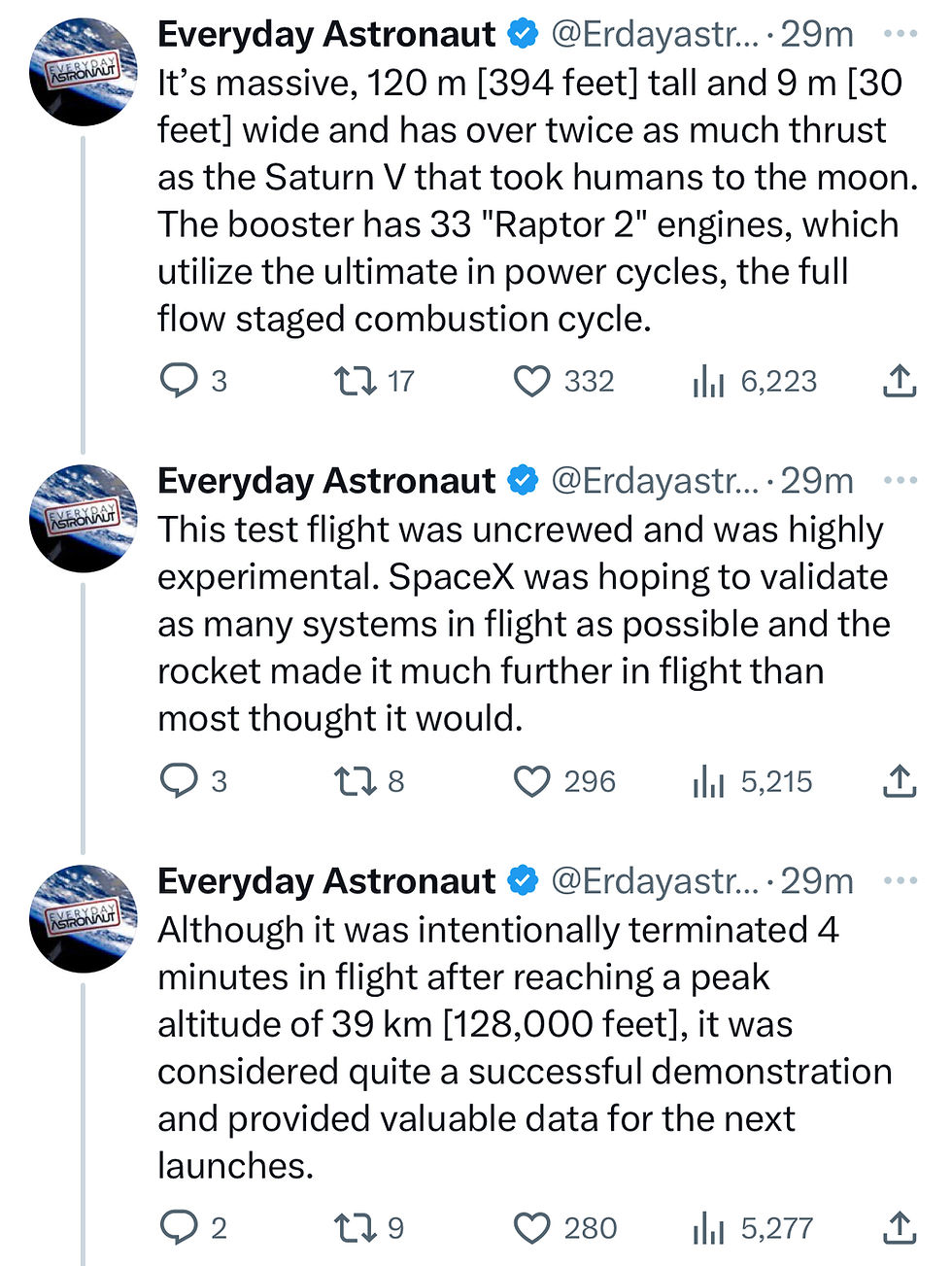What is event streaming?
- Ilakk Manoharan
- Jan 6, 2023
- 1 min read
Updated: Jan 6, 2023
Event streaming is a way of processing and distributing data in real-time as it is generated by various sources. In event streaming, data is treated as a continuous stream of events, rather than a batch of data to be processed at a later time.
Event streaming is often used in distributed systems, where multiple components or microservices need to communicate with each other and share data in real-time. It can be used to support a wide range of applications, including real-time analytics, machine learning, and data processing pipelines.
There are a few key characteristics of event streaming:
Data is processed and distributed in real-time, as it is generated.
Data is treated as a stream of events, rather than a batch of data.
Events are often distributed using a message broker or event bus, which acts as the central hub for storing and distributing events.
Event streaming can be used to support a wide range of applications, including real-time analytics, machine learning, and data processing pipelines.
Data is treated as a stream of events, rather than a batch of data.
In the context of data processing, treating data as a stream of events means that the data is processed as it is generated or received, rather than being stored in a batch and processed all at once. This approach can be useful in situations where the data is being generated continuously and it is not practical or efficient to wait until all of the data is available before processing it. By processing the data as a stream, it is possible to begin processing the data as soon as it becomes available, which can lead to faster processing times and reduced storage requirements.





Comments